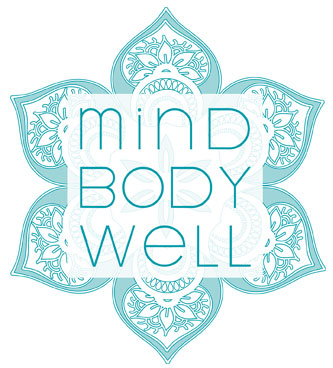The holiday season is a time for celebration and relaxation. It's a time to gather with people we care about, and hopefully also a time for some rest. However this can also be a time when diet culture ramps up, creating pressure in the warmer weather to focus on our ‘bikini body’, attending events which are usually centered around food and eating, and the impending wellness focus of New Year's resolutions – all of which can make the holiday period a minefield of diet talk and body image distress.
In this article, we'll explore strategies to help you navigate the challenges of diet talk and body image concerns during the holidays. Different factors such as your environment, relationships, personal history, and comfort levels can influence which strategies are most effective for you – so think about how you can personalise this information for your own circumstances.
Setting Boundaries
Where possible it can be helpful to set some boundaries prior to an event. Depending on your relationship with the people involved and your comfort level, it might be possible to let people know how they can support you – maybe you could communicate these boundaries in person or via text. Some examples could include:
‘I'd appreciate it if we don't talk about 'good' vs. 'bad' foods’
‘It would be really helpful if we could avoid any discussions of weight during the holidays’
‘I really want to have fun with you over New Years, which will be a lot easier for me if we don’t talk about diets’
‘It’s important for my recovery that we don’t talk about ‘working off’ Christmas dinner’
Responding to Body or Diet Talk
Despite setting boundaries, it’s possible that instances of unhelpful diet or body talk could still arise. In these situations, it can be helpful to have some practiced strategies for responding. Here are some ideas:
Remove yourself: Remember it's okay to leave the conversation or the situation. Excuse yourself for a bathroom break or step outside for some fresh air
Redirect the conversation: Change the topic to something more neutral or comfortable to steer the conversation away from diet talk
Express discomfort: Be honest about your feelings, eg. ‘I'm not comfortable with this conversation’
Question the body talk: Gently question the person engaging in body talk, eg. ‘I've noticed you make a lot of comments about good and bad foods. For me, this contributed to a really unhealthy relationship with food’
Plant Seeds: eg. ‘I've found it helpful to learn more about my relationship with my body, if you're interested, I can send you some podcast or book recommendations’
Direct Response: In some cases, you may need to be more direct and assertive, eg. ‘I'm not engaging in diet talk’
Focus on What You Can Control
Despite our best attempts, we have limited control over other people’s body and diet talk, and we may not always feel comfortable or have the capacity to challenge them. In these situations, focus on what you can control:
Remind yourself of your personal journey: Tell yourself that you’re on the path to recovery and that it's important to prioritise your wellbeing
Practice empathy: If it feels safe, try to empathise with those around you who might be caught up in diet culture, and be dealing with their own food and body image concerns
Focus on positives: Concentrate on positive aspects of yourself, list three things you're proud of accomplishing
Consider the source: Reflect on the source of comments and ask yourself whether it's helpful to place much value on their perspective
Use mindfulness techniques: To let go of unhelpful thoughts, such as mentally saying, ‘I'm having the thought that...’
Practice self-compassion: Engage in self-compassionate thoughts and soothing activities after challenging interactions
Ultimately, prioritise your wellbeing, and before you know it the holidays will have passed – hopefully without too much stress or challenge along the way. Be sure to schedule in some of your favourite activities, and spend time with the people who you know are good for your spirits.






